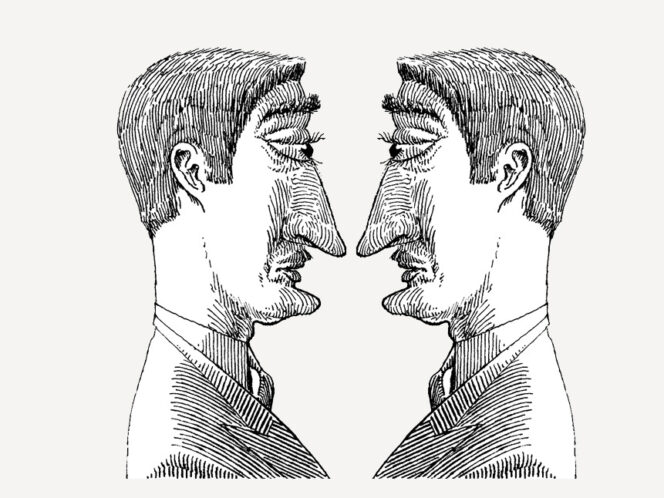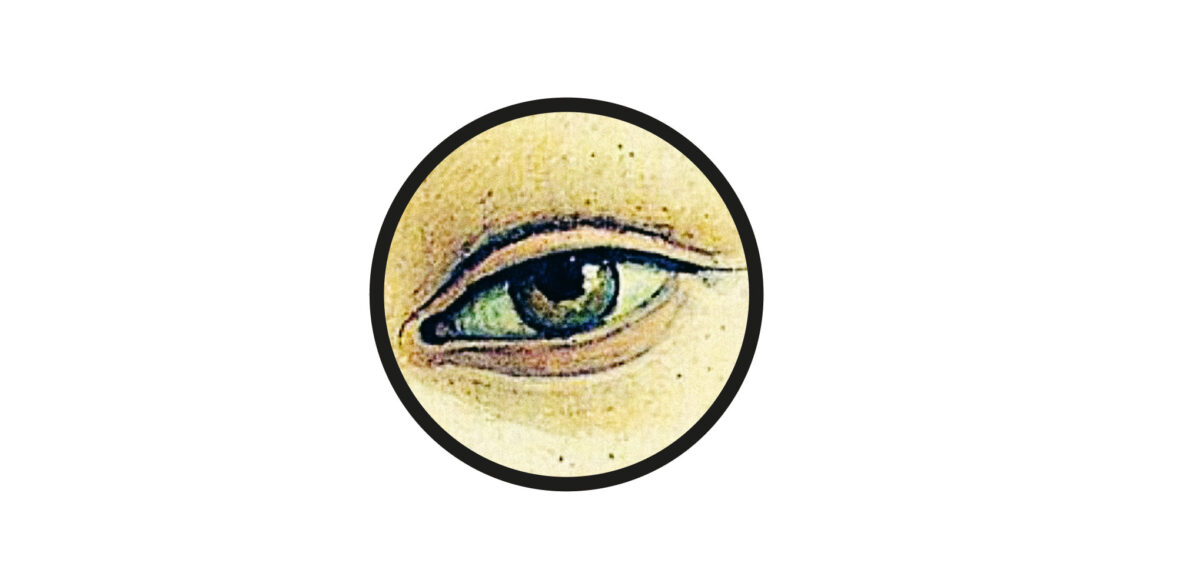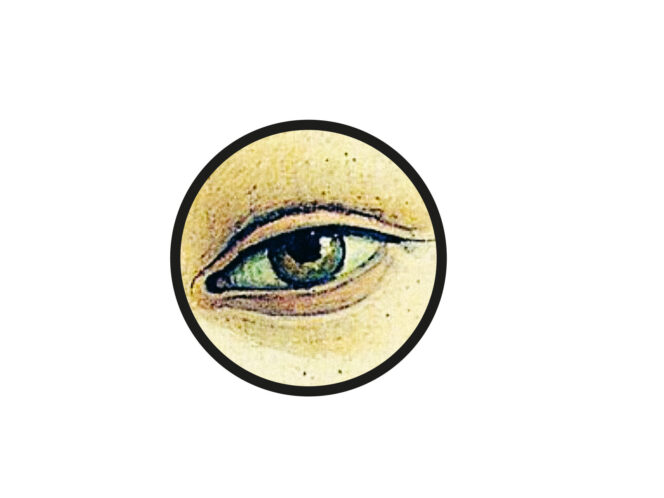
Being lonely hurts — it can even negatively impact your health. But the mere act of being alone with oneself doesn’t have to be bad, and experts say it can even benefit your social relationships, improve your creativity and confidence, and help you regulate your emotions so that you can better deal with adverse situations.
“It’s not that solitude is always good, but it can be good” if you’re open to rejecting the idea — common in the west — that time by yourself is always a negative experience you’re being forced into, according to Thuy-vy Nguyen, an assistant professor in the department of psychology at Durham University, who studies solitude.
“We have some evidence to show that valuing solitude doesn’t really hurt your social life, in fact, it might add to it,” she said, pointing out that because solitude helps us regulate our emotions, it can have a calming effect that prepares us to better engage with others.
Choosing to spend time doing things by yourself can have mental, emotional and








